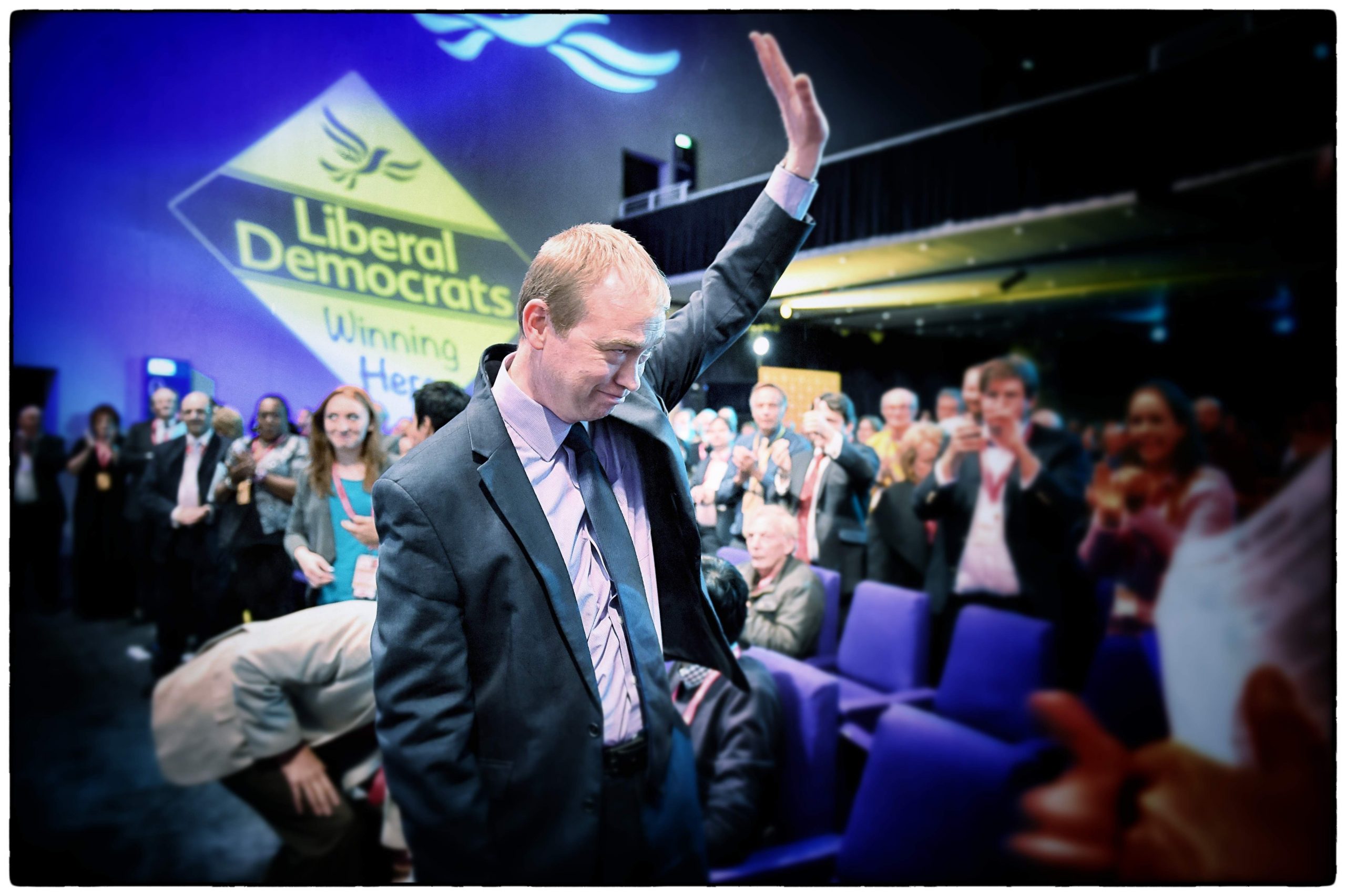
As soon as the Liberal Democrat leadership contest began (and long before that), it was clear that Tim Farron would win. No MP could match the bond he forged with activists during his four years as president. The Lib Dems’ apocalyptic election result further strengthened his position as someone untainted by service in the coalition, who voted against the tuition fees rise.
Today, Farron (who the NS endorsed) has officially been announced as Nick Clegg’s successor, beating his sole opponent Norman Lamb by 56.5 per cent to 43.5 per cent (on a surprisingly low turnout of 56 per cent). His margin of victory was smaller than many predicted when the contest began. Lamb, the well-regarded former health minister, was endorsed by grandees including Paddy Ashdown, Shirley Williams and Ming Campbell. Farron was also damaged as his socially conservative voting record came under scrutiny. But the result remains a decisive one.
To some, the job of Lib Dem leader might appear one that only a masochist could enjoy. The party has been reduced from 57 MPs to just eight (the same number as the DUP) and has become a byword for opportunism and hypocrisy following its time in government. Many simply regard it as an irrelevance. The advantage for Farron, though, is that the only way is almost certainly up. The 17,000 rise in Lib Dem membership and the regret that voters have expressed at their massacre are marks of enduring affection for the party. The British love of an underdog will aid them.
For Farron, the task is to make his party distinctive again after it lost its identity under Nick Clegg. He must define the Lib Dems as the only truly liberal voice on civil liberties, environmentalism, constitutional reform and immigration, and revive their reputation as a party committed to social justice. As one of Westminster’s most formidable campaigners, Farron is well-placed to do so. He won his constituency of Westmorland and Lonsdale from the Conservatives in 2005, ending nearly a century of single-party rule, and transformed it into one of the safest Lib Dem seats in the UK through Stakhanovite graft.
At the next election, as he told me when I recently interviewed him, “We have to pick a number of seats and we have to go for it. We have to be part of a movement that seeks to remove a Conservative government from office”. The key to the Lib Dems’ recovery is to establish themselves as “the clear anti-Tory party” in Cornwall and the West Country, where Labour remains an electoral irrelevance. With expectations so low, Farron has the opportunity to surprise. And with the current parliamentary arithmetic so tight (though boundary changes will aid the Tories), it it is not inconceivable that the Lib Dems could hold the balance of power in 2020.





